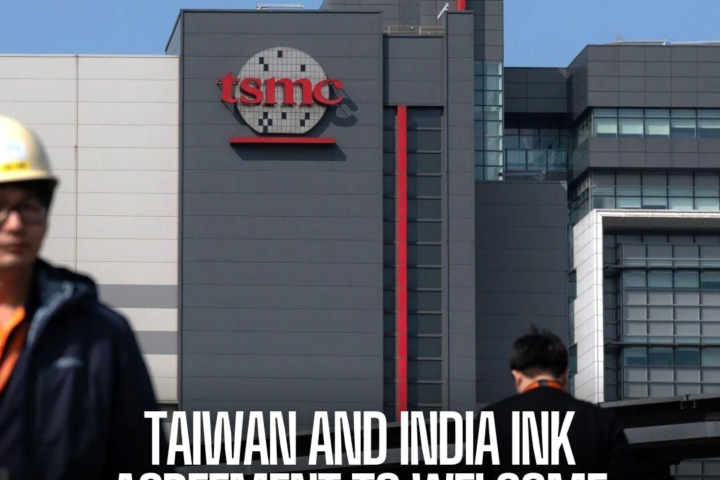During a U.S. House hearing, Commerce Secretary Gina Raimondo expressed concerns about the potential impact of a Chinese invasion of Taiwan and the subsequent seizure of Taiwan Semiconductor Manufacturing Company (TSMC), stating that such an event would be “absolutely devastating” to the American economy.
Raimondo highlighted the significant role of TSMC in supplying leading-edge chips to the United States, emphasizing that the country currently relies on TSMC for 92% of these chips.
Recent Subsidy and Expansion Plans:
Last month, the Commerce Department announced a substantial subsidy of $6.6 billion to TSMC’s U.S. unit for semiconductor production in Phoenix, Arizona.
Additionally, TSMC pledged to invest up to $65 billion and expand its operations with a third fab in Arizona by 2030, aiming to produce the world’s most advanced 2-nanometer technology.
Legislative Support for Domestic Semiconductor Production:
In 2022, Congress enacted the Chips and Science Act to enhance domestic semiconductor output, allocating $52.7 billion in research and manufacturing subsidies and $75 billion in government loan authority. This initiative aims to reduce U.S. dependence on Asian chip manufacturers.
Potential Economic Consequences:
A 2023 U.S. government paper estimated that a significant manufacturing disruption in Taiwan could lead to a substantial increase of up to 59% in the price of logic chips in the United States.
This price escalation would affect domestic downstream producers and have far-reaching economic implications.























